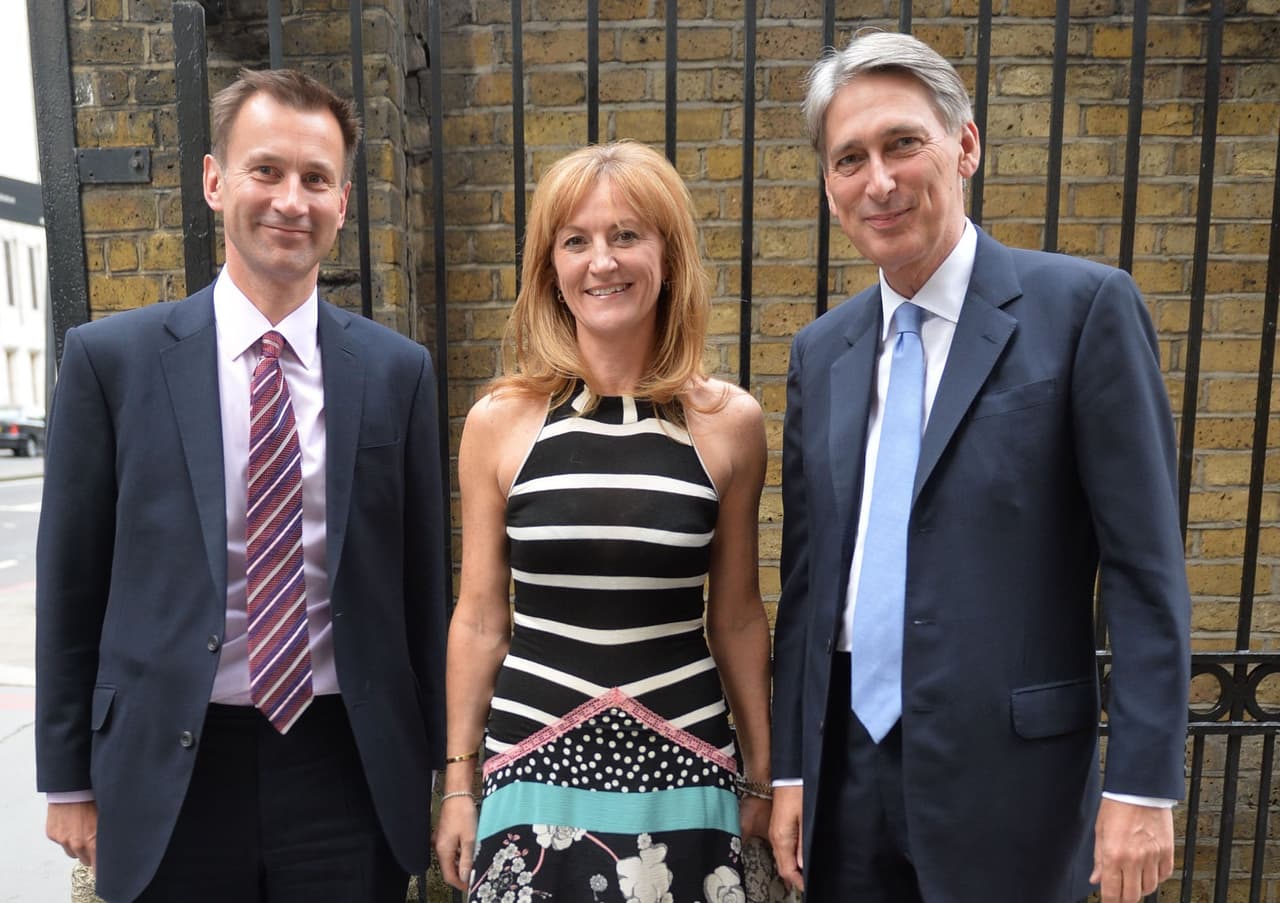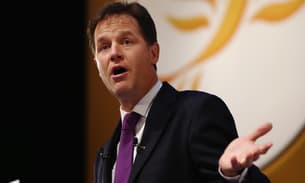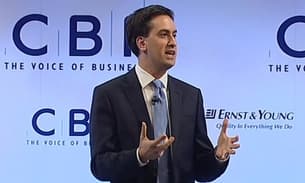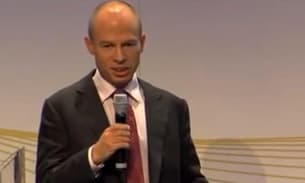
Cameron forced to explain defence secretary’s encounter with Bahrain lobbyist at fundraising party
The defence secretary Philip Hammond arriving at last summer’s Conservative Summer Party. (Alan Davidson/The Picture Library)
David Cameron was asked in parliament today about revelations uncovered by the Bureau of Investigative Journalism that a representative of the Bahrain government sat with Britain’s defence secretary at last year’s Conservative Summer party.
Yesterday, the Bureau revealed that Lord Clanwilliam whose firm acts for the government of Bahrain headed one of the more prominent tables and hosted defence secretary Philip Hammond at the Conservative fundraiser last year.
The seating plan showed that intended guests on the table included Dr Afnan Al-Shuaiby, the CEO of the Arab-British Chamber of Commerce whose job includes fostering UK-Bahrain trade links and Conor Burns MP, chair of the UK-Bahrain All-Party Parliamentary Group.
At the time of the fundraiser, Bahrain was being accused of torturing protesters. Mr Hammond had just returned from an ‘operational visit’ to the Gulf state.
At prime minister questions today, Labour shadow foreign minister, Kerry McCarthy asked the prime minister: ‘At the Tory billionaire Summer ball, the defence secretary was sat with the lobbyist for the government of Bahrain.
‘Can the prime minister tell us whether they discussed the country of Bahrain, which is still regarded by the Foreign Office as a country of human rights concern?’
Darren Hughes, Deputy Chief Executive of the Electoral Reform Society
David Cameron responded with an attack on the funding of the Labour party: ‘What I think will be discussed is the fact that why the Labour party have to get one trade union to give one cheque for £14 million.’
Last night the Bureau released details of those who attended last year’s Conservative summer party where supporters with a combined wealth in excess of £11bn paid up to £12,000 a table to dine with cabinet ministers including the prime minister, home secretary and defence secretary as well as the secretaries of state for health, transport, culture and justice.
The Bureau revealed that of the 449 guests, 73 were City financiers and there were 19 lobbyists and public relations specialists.
Party funding experts have reacted with concern at the latest evidence of how big money secures secret access to senior policymakers.
Darren Hughes, Deputy Chief Executive of the Electoral Reform Society, said: ‘This is the latest demonstration of why we need a new, more transparent system for funding political parties. Every time we get an insight into how parties raise money, it further cements the impression that our democracy is for sale. Earlier this year we found that three-quarters of the public believe big money has too much influence on political parties, and 61% believe the party funding system is corrupt. Revelations like this are only going to push those numbers in one direction.
‘Reform of our party funding system is long overdue. Every time party leaders get together to talk about how to fund parties fairly and transparently, discussions collapse because of partisan interests. And every time that happens, people’s faith in politics takes yet another nosedive. It is high time the parties get together and agree on how to raise money fairly and transparently, before people turn away from party politics for good.’
Sean Kippin, Managing Editor, Democratic Audit said: ‘I doubt that the Conservative Party could have contrived a more effective advert for the introduction of the state funding of political parties than their recent £12,000 per-table fundraising dinner. TBIJ deserves great credit for drawing our attention to this. While the funding of essential political campaigns depends on the largesse of wealthy donors, this kind of revelation is inevitable, and will always lead voters to conclude that that policy is being made in the interest of a self-serving elite, rather than the public as a whole.
‘Introducing an effective and transparent model of state funding would sweep away the need for this kind of fundraising event at a stroke, and would only require a tiny contribution from each taxpayer.’




